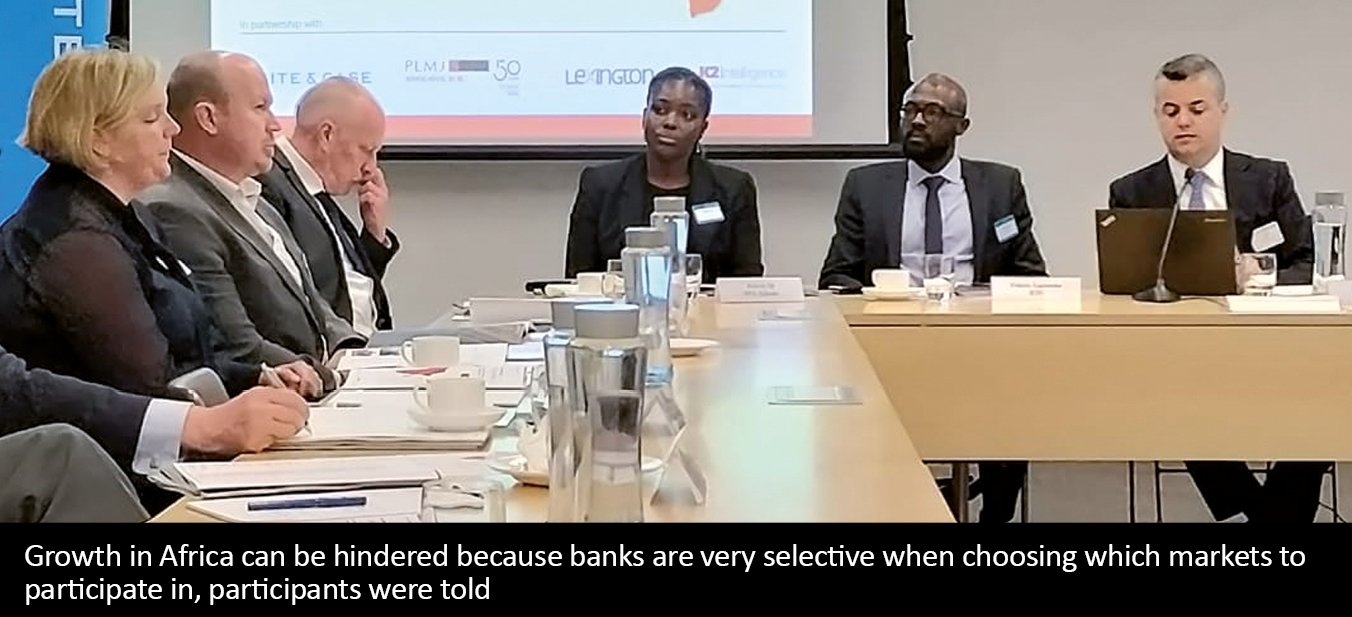Angola seeking to incentivise investment in aviation and agriculture
Angolan government needs to collaborate more with investors as well as make greater efforts to ensure that the country’s legal framework can be trusted
African oil-producing nations are seeking to diversify their economies due to the slump in oil prices, and consequently, governments in countries such as Angola are aiming to incentivise investment in alternative industries, attendees at Iberian Lawyer’s ‘Agenda Africa’ event in London heard.
The Angolan government’s actions have led to an increase in investment in the country’s aviation industry, as well as greater investor interest in the nation’s agricultural sector. With regard to agriculture, this has meant an increase in imports of machinery as well as growth in the number of agricultural experts working in Angola to promote the industry.
Participants in the event – which was held in collaboration with White & Case, PLMJ, K2 Intelligence and Lexington Consultants – were told that the agricultural sector is key to economic recovery in Angola and while there has been a significant increase in investment in the industry, more needs to be done to ensure the sustainability of projects.
The Angolan government needs to collaborate with investment partners and create an environment where public-private partnerships can work, attendees said. It was also important that investors can trust the legal framework and the country needs to do more in this respect. Angola needs to create an environment that makes it an attractive country in which to do business, and while the government has spoken of this need, there has been little in the way of action, event participants were told.
While many African economies have suffered as result of the collapse of commodity prices, in some cases this has been counterbalanced by an increase in Chinese investment in infrastructure, such as ports, airports and public transport. In addition, many countries in Africa are becoming more transparent, panellists heard. As the continent’s economies emerge from crisis, companies in countries such as Nigeria have begun to explore investment possibilities in other African markets, while investors from West and Central Africa are also starting to look for opportunities elsewhere in the continent. However, a common mistake made by foreign investors in Africa is that they presume they can conduct business in the same way they do in their own jurisdiction, attendees were told.
Fighting corruption
Meanwhile, companies from outside Africa frequently use one country in the continent as a base to export to other countries in Africa, one participant said. In addition, several African multinationals are now effectively competing against other multinational companies from around the world.
While trade is exceptionally important for Africa, growth can be hindered because banks are very selective when it comes to choosing which markets they will participate in, attendees said. However, significant progress has been made in fighting corruption in several African countries, with governments having moved on from simply talking about the problem to actually tackling it, and the improved legal framework – in addition to progress made with regard to arbitration – means that investors now have more certainty, panellists agreed.













